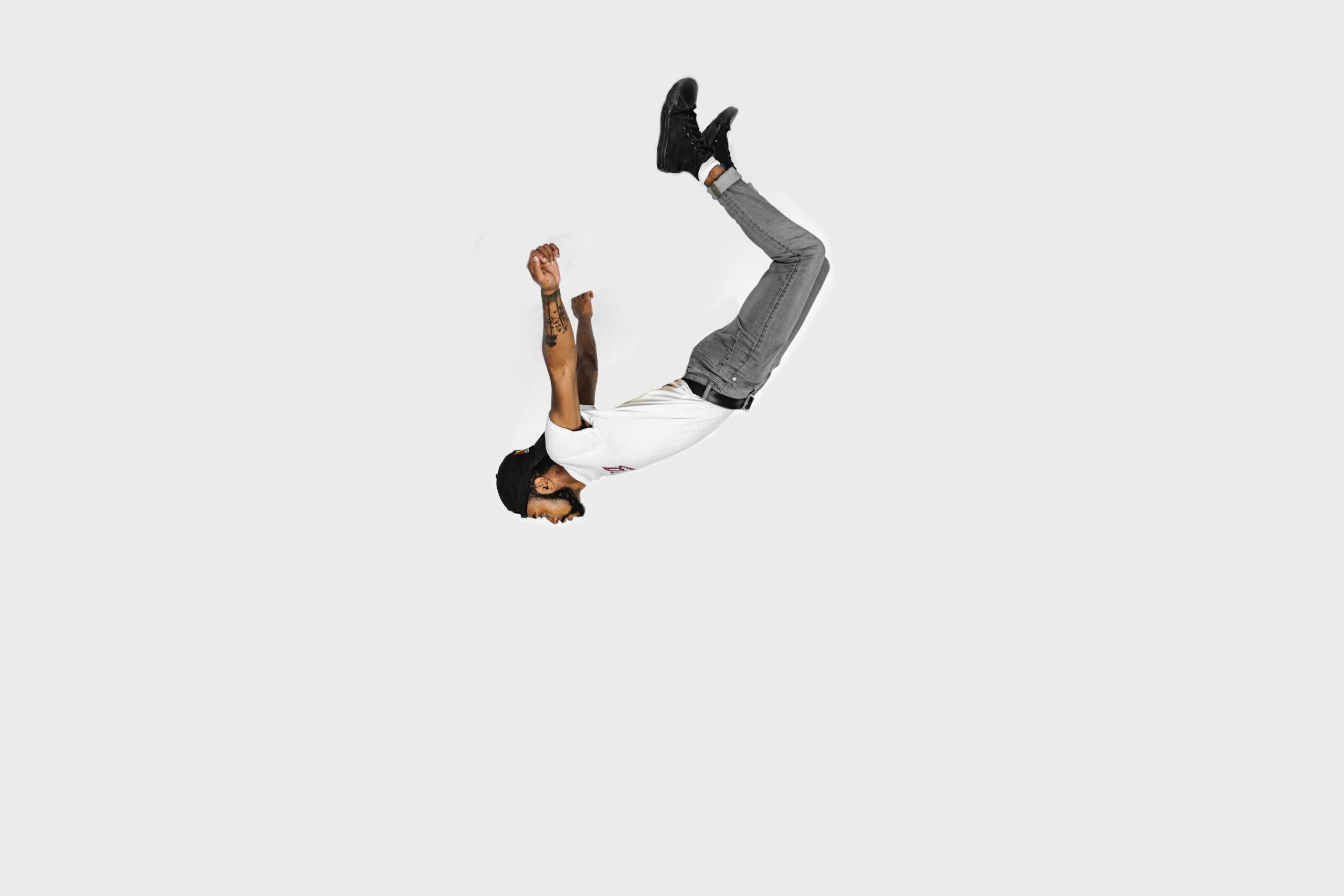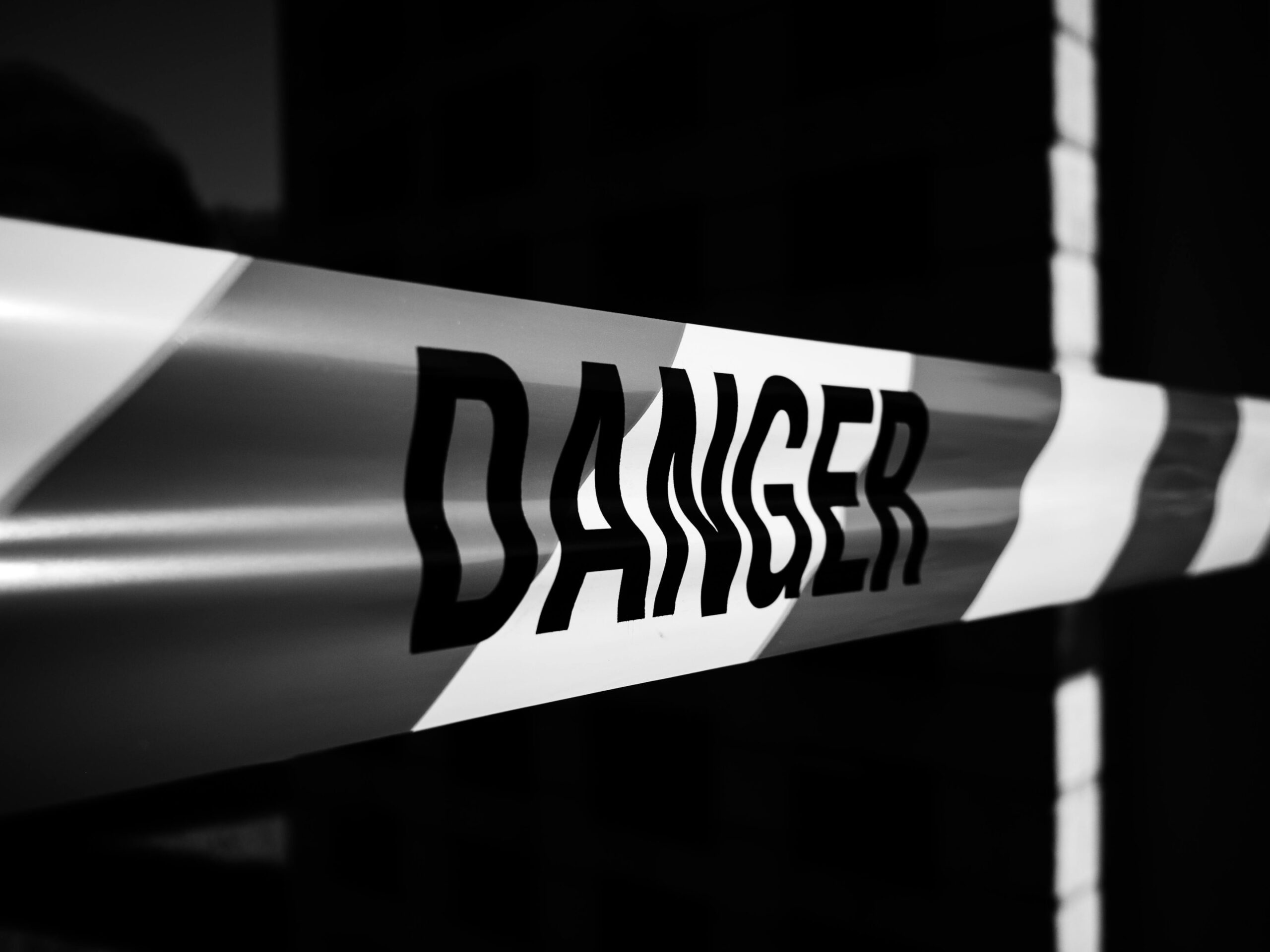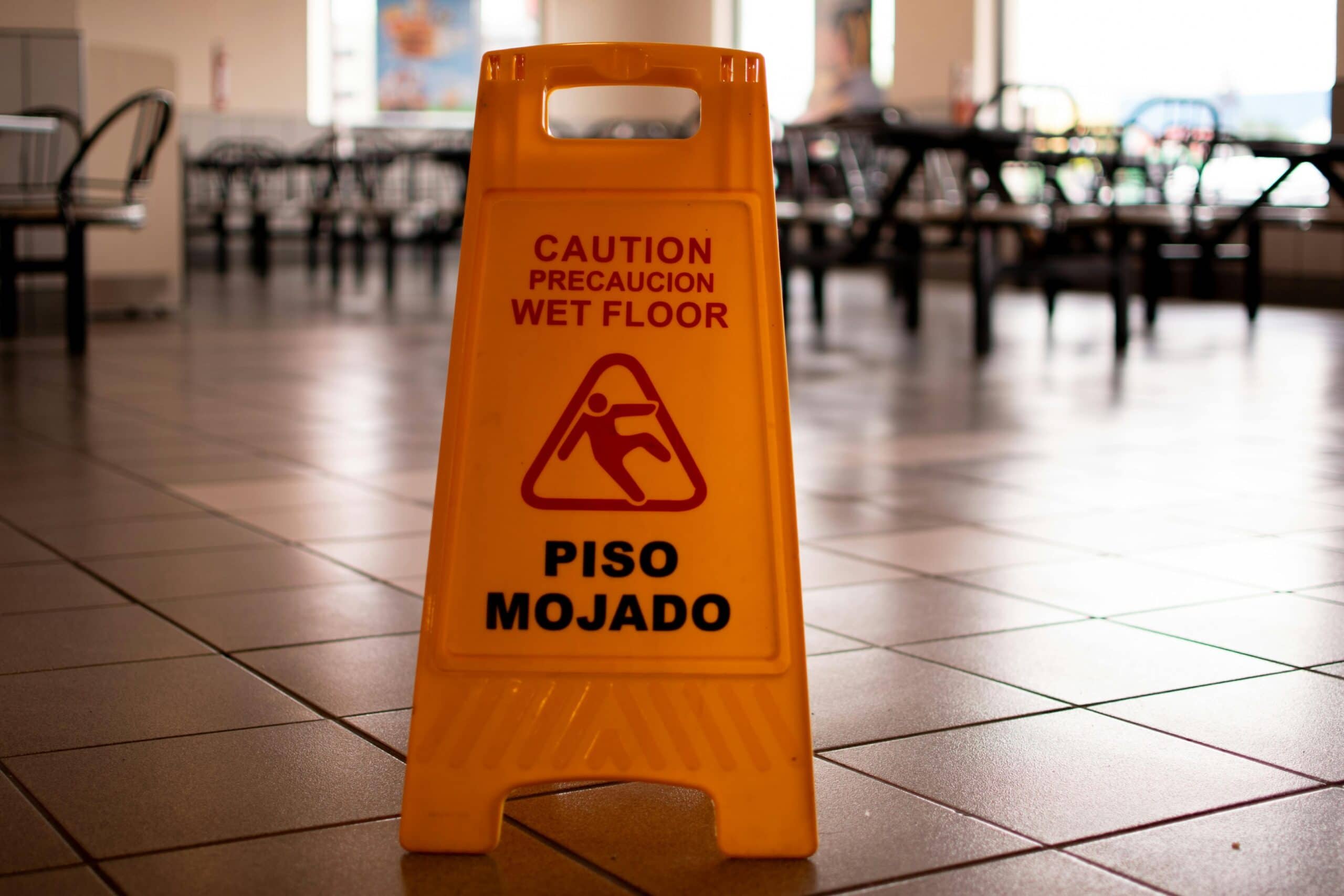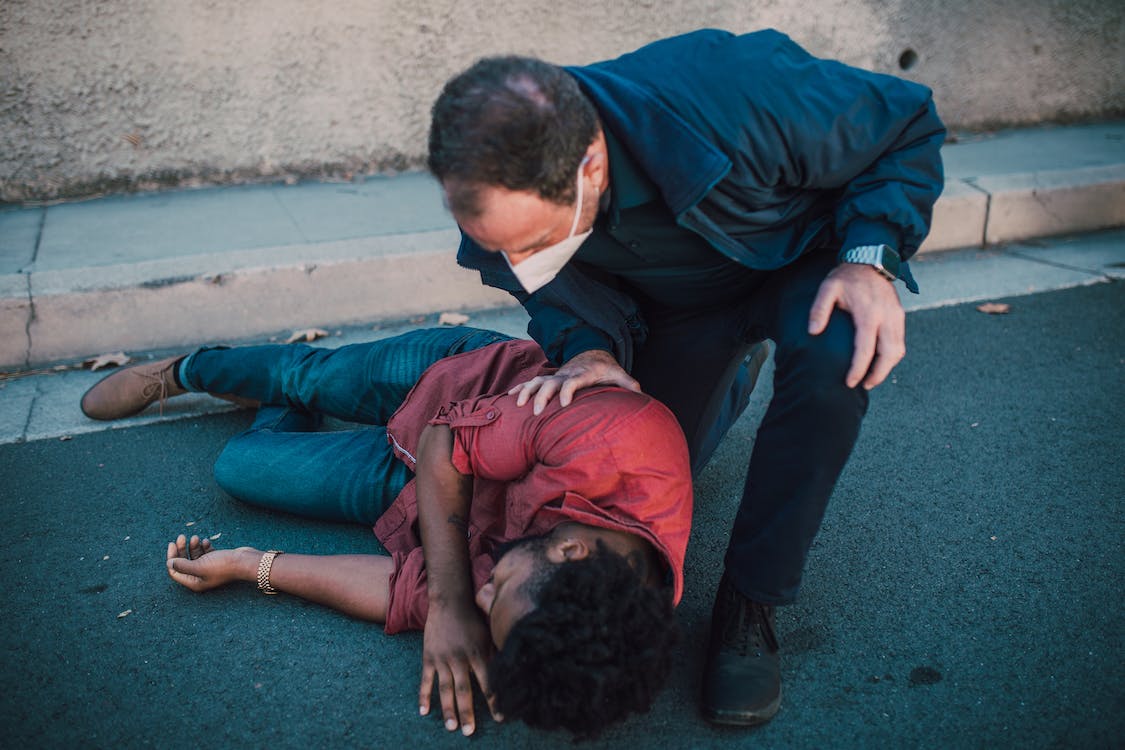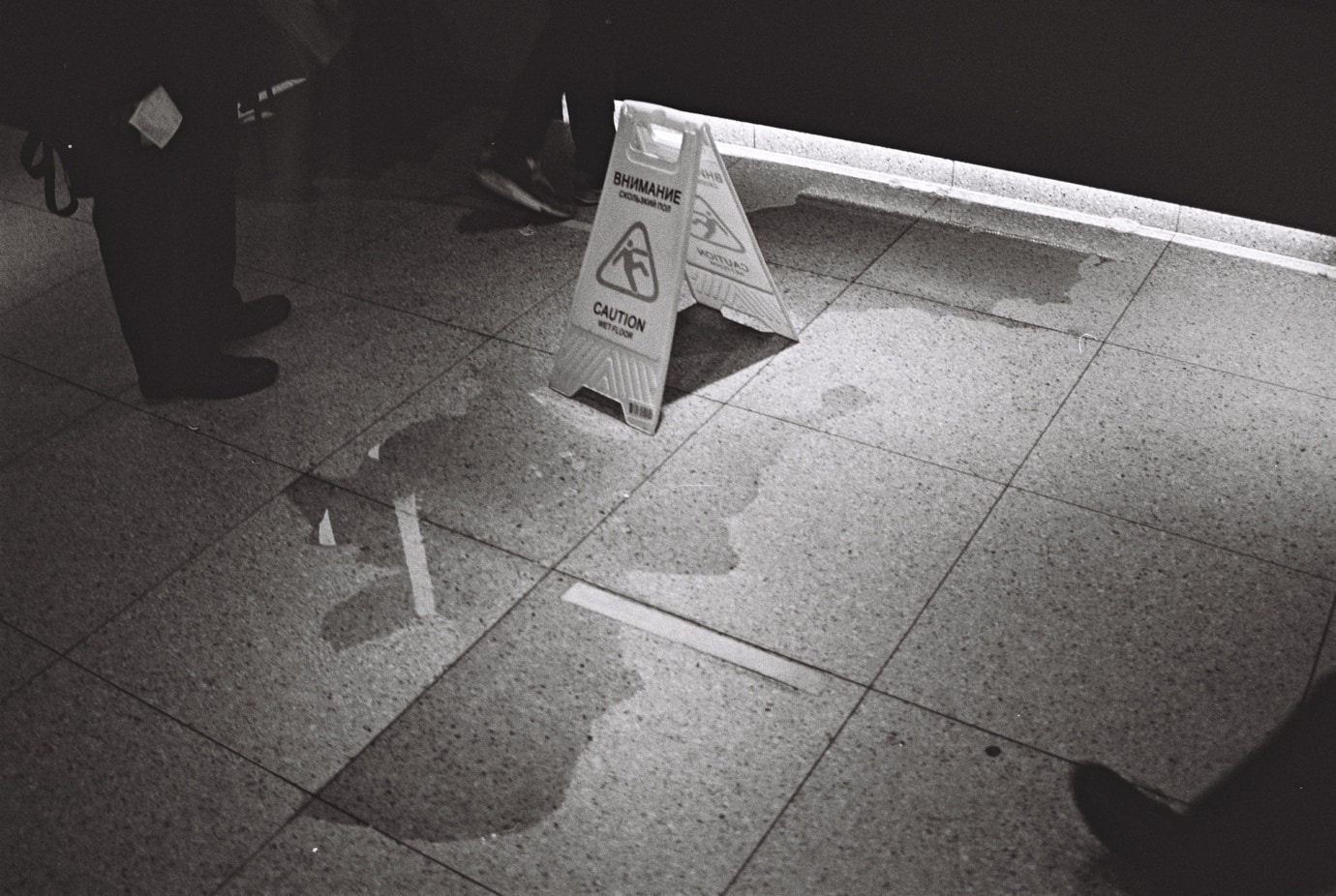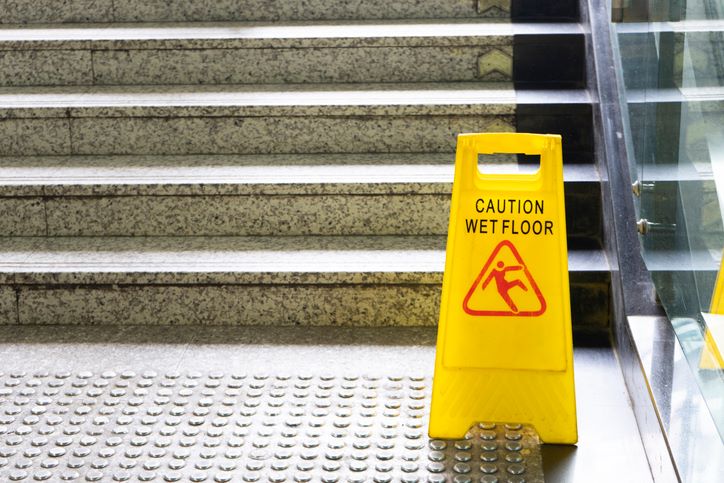
Accidents happen. Sometimes, they’re minor mishaps we laugh off, but other times, they can have serious consequences. Slip and fall accidents slip into the latter category. They may seem trivial, but they can lead to severe injuries that disrupt your life and burden you with medical bills and lost wages.
If you’ve experienced a slip and fall accident and are worried about how to navigate the legal aspects, particularly if you’re concerned about the necessity of surgery and its impact on your settlement, you’re not alone. This article aims to shed light on slip and fall settlements without surgery and how you can secure the compensation you deserve without undergoing invasive procedures.
Understanding Slip and Fall Settlements Without Surgery:
Slip and fall accidents can occur anywhere, from public sidewalks to private properties, and are frequently caused by hazardous conditions such as uneven surfaces, wet floors, or insufficient lighting. While some slip and fall injuries may require surgical intervention, many can be treated through less invasive means such as physical therapy or medication. If your injuries do not necessitate surgery, you may still be eligible to seek compensation for various damages, including medical expenses, lost wages, and pain and suffering.
Factors Influencing Slip and Fall Settlements:
Several factors come into play when determining the outcome of a slip and fall settlement. Let’s explore some of the key elements that can influence the compensation you receive:
Liability: Proving liability is crucial in slip and fall cases. You must establish that the property owner or manager was negligent in maintaining safe premises, leading to your accident and subsequent injuries.
Severity of Injuries: The extent of your injuries directly impacts the compensation you’re entitled to receive. Serious injuries resulting in long-term disability or chronic pain typically warrant higher settlements compared to minor injuries.
Medical Expenses: Documenting your medical expenses is essential for calculating the compensation you deserve. This includes costs incurred for initial treatment, ongoing care, rehabilitation, and any future medical needs related to your fall accident injuries.
Lost Wages: If your injuries have prevented you from working, you may be entitled to compensation for lost wages. This includes both current and future earnings that you’ve missed out on due to your inability to work.
Pain and Suffering: In addition to economic damages, you may also be eligible for compensation for pain and suffering endured as a result of the accident. This includes physical pain, emotional distress, and loss of enjoyment of life.
Proving Negligence: Gathering evidence to prove negligence is essential for building a strong slip and fall case. This may involve obtaining witness statements, surveillance footage, accident reports, and expert testimony to support your claim.
Can You Get a Slip and Fall Settlement Without Surgery?
Yes, it is possible to obtain a slip and fall settlement without undergoing surgery. The key is to provide sufficient evidence to support your slip and fall lawsuit and demonstrate the extent of your injuries and damages. Even if your injuries do not require surgical intervention, you may still be entitled to compensation for medical expenses, lost wages, pain and suffering, and other damages.
What Are My Chances of Winning a Slip and Fall Settlement Without Surgery?
The likelihood of winning a slip and fall settlement without surgery depends on various factors, including the strength of your case, the evidence available, and the legal expertise of your attorney. While every case is unique, having compelling evidence and a skilled legal advocate can significantly increase your chances of securing a favorable outcome.
It’s essential to consult with an experienced personal injury attorney who can evaluate the merits of your case, advise you on your legal options, and help you navigate the complexities of the legal system.
Will I Get More Money If I Have Surgery?
Not necessarily. The amount of compensation you receive in a slip and fall settlement is primarily based on the extent of your injuries and damages, regardless of whether surgery is required. While surgery may result in higher medical expenses, it does not guarantee a larger settlement. Ultimately, the value of your claim will depend on various factors, including the severity of your injuries, the impact on your life, and the strength of your case.
How Long Does a Slip and Fall Settlement Take?
The timeline for a slip and fall settlement can vary depending on several factors, including the complexity of your case, the extent of your injuries, and the willingness of the opposing party to negotiate. In general, slip and fall settlements without surgery may take several months to resolve, as both parties gather evidence, engage in negotiations, and potentially pursue litigation if a settlement cannot be reached.
It’s essential to be patient and work closely with your attorney throughout the process to ensure the best possible outcome for your case.
How Is the Compensation for a Slip-and-Fall Accident Calculated?
Calculating compensation for a slip-and-fall accident involves considering various factors, including economic damages and non-economic damages. Here, I’ll outline the methods typically used to calculate these types of damages:
Economic Damages:
Economic damages refer to quantifiable financial losses resulting from the slip-and-fall accident. These may include:
Medical Expenses: Cost of medical treatment, including surgeries, doctor visits, medications, and therapy.
Lost Wages: Compensation for income lost due to inability to work, calculated based on hourly rate or salary.
Property Damage: Cost of repairing or replacing damaged personal property.
Future Medical Expenses: Anticipated costs of ongoing medical care and future treatments.
Non-Economic Damages:
Non-economic damages are more subjective and are intended to compensate the victim for intangible losses, such as pain and suffering, emotional distress, and loss of enjoyment of life. Calculating non-economic damages can be more challenging, as they do not have a precise monetary value. Here are some methods commonly used to assess non-economic damages:
Multiplier Method: Total economic damages multiplied by a factor (1.5 to 5) based on severity of injuries.
Per Diem Method: Daily rate assigned to pain and suffering, multiplied by number of days victim experienced pain.
Comparison to Similar Cases: Assessing non-economic damages by comparing injuries and suffering to similar cases with known outcomes.
What Is Premises Liability?
Premises liability is a legal concept that holds property owners responsible for maintaining safe premises and protecting visitors from harm. Property owners have a duty of care to ensure that their property is free from hazardous conditions that could cause injury to others. If a property owner fails to fulfill this duty and someone is injured as a result, the property owner may be held liable for damages under premises liability laws.
Common examples of premises liability cases include slip and fall accidents caused by wet floors, uneven surfaces, or inadequate lighting, as well as injuries resulting from falling objects, broken railings, or other dangerous conditions on the property.
The Role of an Experienced Slip and Fall Attorney
An experienced slip and fall attorney can be an invaluable ally in navigating the complexities of your case and ensuring that you receive the compensation you deserve. Here are several ways in which such an attorney can help you:
Legal Proficiency: An experienced slip and fall attorney brings in-depth knowledge of premises liability law, ensuring your case is handled with precision and expertise.
Case Evaluation: Your attorney assesses the details of your slip and fall incident to determine the strength of your case, helping you understand your legal options and potential for compensation.
Negotiating with Insurance Companies: Experienced attorneys adeptly negotiate with insurance adjusters to secure fair compensation for your injuries, medical bills, lost wages, and pain and suffering.
Negotiation: Your attorney skillfully negotiates with an insurance company and opposing parties to secure a fair settlement that adequately covers your medical expenses, lost wages, and other damages.
Litigation Management: Should negotiation fail, your attorney is prepared to take your case to court, advocating vigorously on your behalf before a judge and jury to ensure your rights are upheld.
Advocating for Your Rights: Throughout the process, your attorney serves as your staunch advocate, providing support, guidance, and ensuring your rights are protected at every turn.
Maximizing Compensation: Your attorney fights tirelessly to counter insurance companies’ tactics aimed at minimizing payouts, striving to secure the maximum compensation you deserve for your injuries and losses.

Consult a Proficient Slip and Fall Attorneys at BLG
Slip and fall accidents can have serious consequences, resulting in injuries that require extensive medical treatment and rehabilitation. However, not all slip and fall injuries require surgery, and victims may be able to secure fair compensation for their damages without undergoing surgical intervention. If you’ve been injured in a slip and fall accident without the need for surgery, it’s essential to understand your rights and contact a law firm to seek legal guidance from an experienced personal injury lawyer.
Are you ready to take the first step towards securing the compensation you deserve for your slip and fall accident? Look no further than BLG. Our experienced team is dedicated to fighting for your rights and helping you navigate the legal process with ease.
Contact us today for a free consultation.
FAQs
How much are most slip and fall settlements?
The typical slip-and-fall settlement amount fluctuates depending on individual circumstances but typically falls within the range of $10,000 to $50,000. You could potentially receive substantial compensation to assist with expenses such as lost wages and medical bills.
How much compensation do you get for a fall?
Compensation for a fall depends on various factors such as the extent of injuries, medical expenses, lost wages, pain and suffering, and liability. It can range from a few thousand dollars to a substantial amount, depending on the circumstances of the case.
What is the least amount of a personal injury settlement?
There’s no fixed amount for the least personal injury settlement, as it depends on the specifics of each case. However, some settlements might be very low, such as a few hundred or thousand dollars, particularly for minor injuries with minimal damages.
